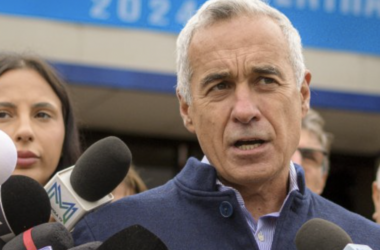During his first foreign trip as Vice President, JD Vance took aim at the European Union’s AI regulations, claiming they could stifle innovation. Speaking at the Paris AI Summit on February 11, he criticized what he called foreign governments “tightening the screws” on American tech firms. Vance’s remarks, aimed directly at the EU, seemed to signal growing tension between Washington and Brussels.
He didn’t hold back, asserting that the U.S. would not tolerate these regulatory measures. Vance specifically called out the EU’s data privacy laws, such as the GDPR, which he argued were overreaching. While he agreed on the importance of child safety online, he drew a clear line, distinguishing between protecting children from predators and limiting free speech under the guise of “disinformation.”
Vance also accused foreign governments of using AI for surveillance, rewriting history, and suppressing speech. He emphasized that the U.S. would block these efforts “full stop,” further distancing his administration from Europe’s stance on AI regulation.
While the EU has pushed for heavy oversight and public investment, China has taken a state-backed approach to AI, and the U.S. continues to favor a free-market model. Ursula von der Leyen, in her own address, defended regulation, saying that AI needs competition, collaboration, and public trust to thrive.
The U.S. delegation notably refused to sign the AI Summit Declaration, which promoted principles like transparency and ethics in AI governance. According to reports, Vance left before von der Leyen or French President Macron spoke, signaling further division between the U.S. and Europe.




